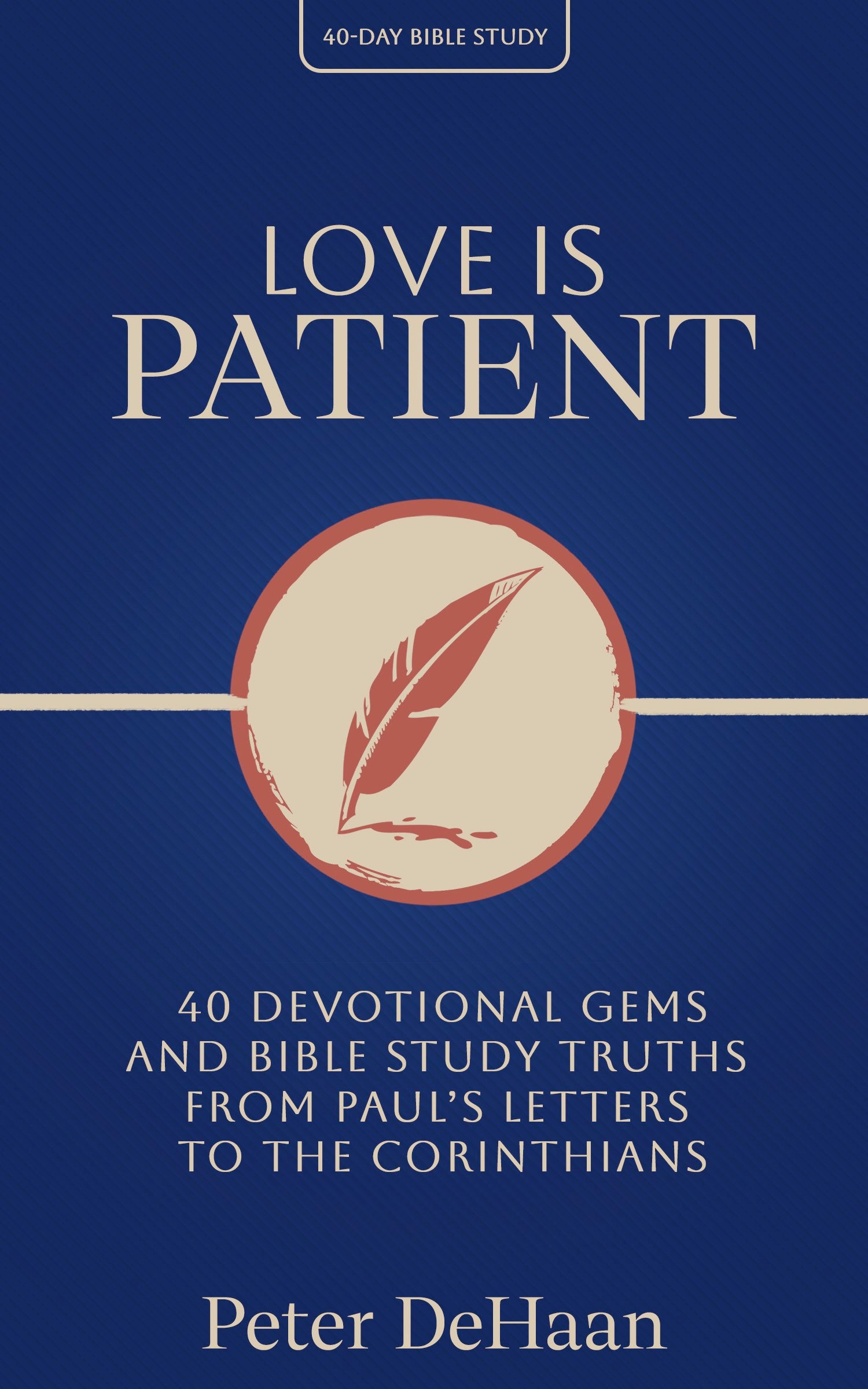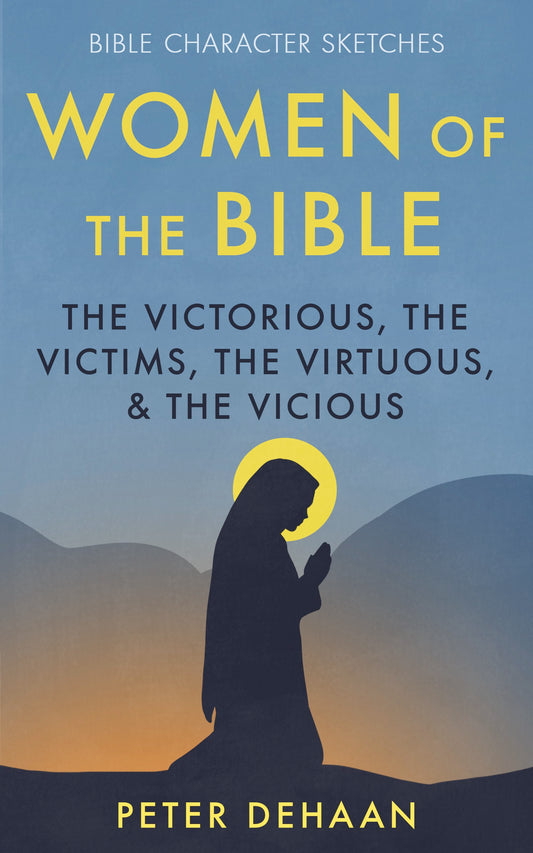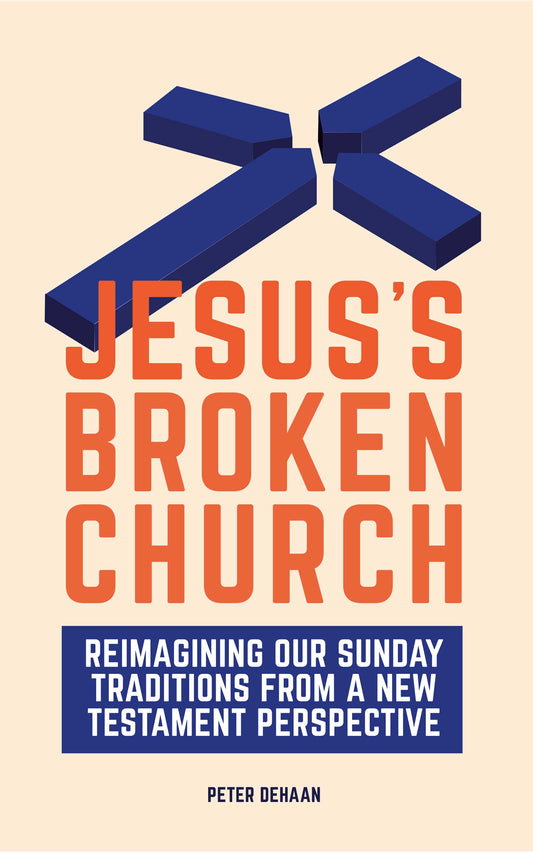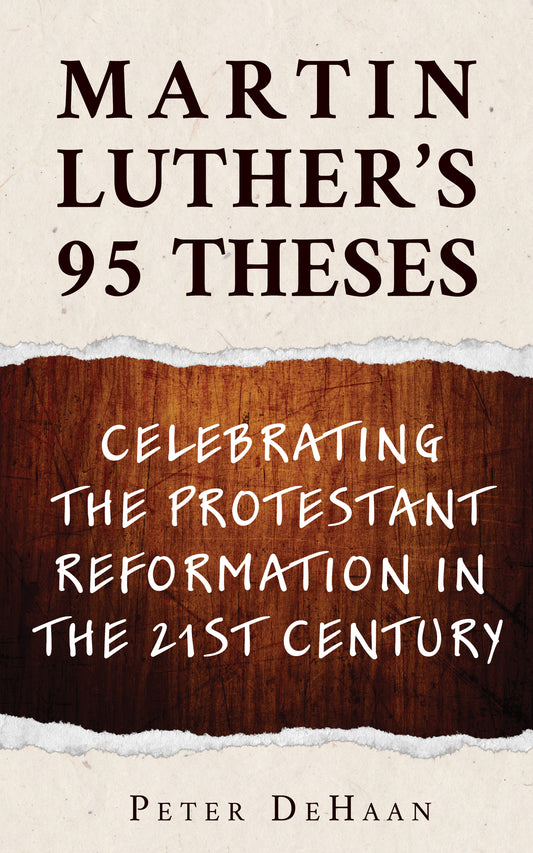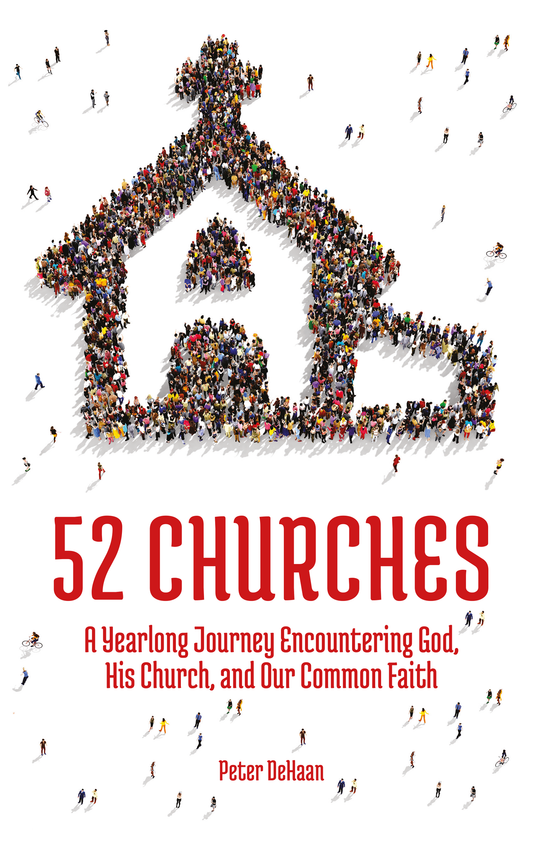Love Is Patient: 40 Devotional Gems and Bible Study Truths from Paul’s Letters to the Corinthians (ebook)
Love Is Patient: 40 Devotional Gems and Bible Study Truths from Paul’s Letters to the Corinthians (ebook)
The Corinthian church had issues. Lots of them. What can we learn from them?
Couldn't load pickup availability
Forty devotional truths that will inspire you to live a life transformed by God’s love.
Love is Patient is a devotional Bible study based on First and Second Corinthians that will help you apply life-changing lessons from Paul’s letters.
With clear teaching, comforting truths, and daily encouragement, you’ll uncover how Paul’s instructions to the Corinthian church two thousand years ago apply to you today.
Love is Patient will help you discover how to:
- develop a Christlike mindset
- encourage others on their faith journey
- handle conflict and disappointment in healthy ways
- understand your spiritual gifts
- prioritize God in your life and embrace freedom in Christ
Each devotional encourages you to grow in your faith and unpack Biblical lessons that are just as relevant today as they were thousands of years ago. With practical tips and Godly wisdom, you’ll learn how to deal with differences and work through divisions with grace and love.
Love is Patient makes an ideal eight-week discussion guide, perfect for small groups and Sunday School classes. This is the seventh book in the 40-Day Bible Study Series, a collection of devotional classics from Peter DeHaan.
As you read through this devotional gem, you’ll be blessed by your heavenly Father’s love, and learn how to encourage others as you point people to Jesus.
Start each day with Love is Patient or share it with a friend who needs some fresh encouragement.
---------------------------------------------
How it works. It’s as easy as 1-2-3:
- Complete your purchase here.
- You’ll receive an email from BookFunnel to download or access your book. (Click the “help” link in the email if you have questions.)
- Start reading right away on any device.
40-Day Bible Study Series, book 7 (but you can read in any order)
If you have questions about ordering, check out our FAQs.
View full details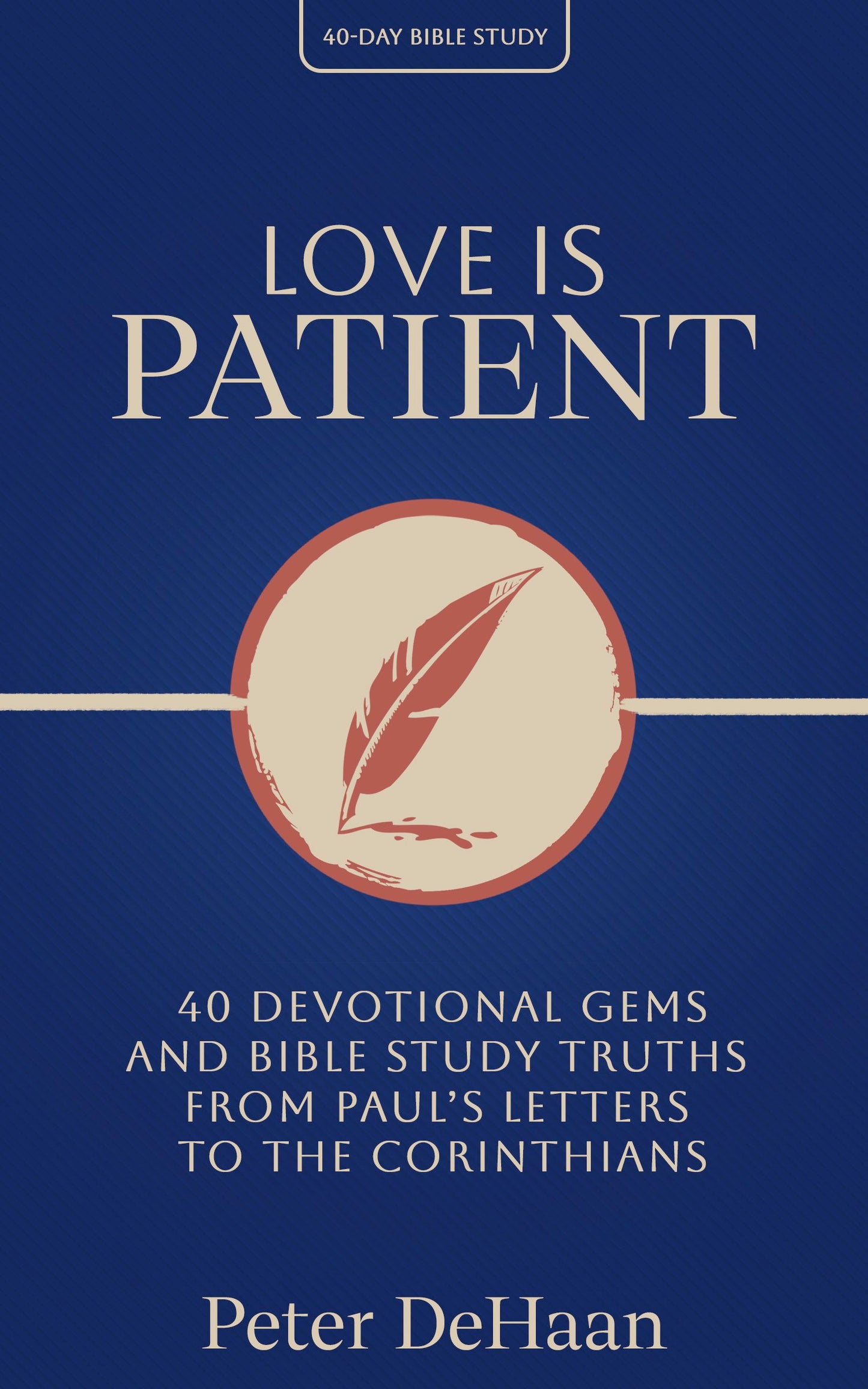
Would you like to read a sample?
Click here to read a sample
Paul’s Letters to Corinth
Paul (formerly called Saul) is a zealous Jew, pursuing his faith with full abandon. He sees the growing Jesus movement as an affront to his beliefs and seeks to squelch it. To do so, he harasses and hunts down Jesus’s followers, arresting them and throwing them in jail.
Yet God has a different plan for Paul. This committed Jew has a supernatural encounter with Jesus on the road to Damascus and decides to follow him. He then goes all in for his Savior (see Acts 9:1–22).
Paul then travels the region, telling others the good news of salvation through Jesus. One place Paul visits is Corinth, located in what is modern-day Greece. He spends a year and a half there, teaching them about God and helping them grow in their faith. This is much longer than he spends in most of the other towns he visits.
You’d think that after investing eighteen months with this church they would have matured in their faith and been able to function well on their own. This is not the case. Paul’s two lengthy letters of instruction to this church reveal their spiritual immaturity and their ongoing struggle to walk rightly with Jesus. Perhaps Paul spent so much time there simply because he knew how badly they needed it. And based on the content of these letters, we must wonder if they needed even more of his in-person attention.
For each of these two letters, Paul lists a consignatory.
In his first letter, 1 Corinthians, Paul lists Sosthenes as a co-author. His name only appears one other time in the Bible. We learn in Acts 18:17 that Sosthenes is a synagogue leader. We can safely assume that he later follows Jesus and becomes a leader in Jesus’s new church there. Because his name appears on this letter, we can speculate that Sosthenes has come to Paul on behalf of the Corinth church with a list of questions or a report on problems. Perhaps he does both. Regardless, Sosthenes has a role in writing this dispatch to his friends back home.
In his second letter, 2 Corinthians, Paul lists Timothy as a co-author. We know much more about Timothy. He travels with Paul on some of his missionary journeys, spending time in Corinth with Paul (Acts 18:5). Paul later sends Timothy back there (1 Corinthians 4:17). Again, we can speculate that Timothy carries first-hand information back to Paul, which results in his second letter.
These two letters (sometimes called epistles) that Paul wrote to the church in Corinth are his longest missives. This means that we know more about Paul’s instructions to this fledgling church than any of the other faith communities he started or visited.
Paul directs the content of his two letters to the Corinthians, addressing questions they have asked him or their struggles that have come to his attention. Unfortunately, we don’t know the details of this relevant background; we only know Paul’s response.
This may mean these dispatches do not contain universal truths but are specific reactions to a church with issues. This doesn’t mean there isn’t value in these letters because there is. But we must exercise care to not take Paul’s words out of context.
In the next forty chapters we’ll strive to do just that. In this Bible-study-style devotional, we’ll examine Paul’s teachings to the Corinthian church. As we do, let us rightly discern how his instructions to them two thousand years ago best apply to us today. To accomplish this, may we seek Holy Spirit guidance in reading and exploring 1 and 2 Corinthians.
What do you anticipate you might learn from the Corinthians that can inform your faith practices? If you are part of a church, what similarities do you sense between your church and the church in Corinth?
[Discover more about the church of Corinth in Acts 18.]
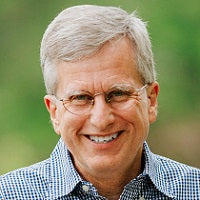
Meet Author Peter DeHaan
Peter DeHaan, PhD, often makes religious people squirm, but spiritual seekers cheer. He’s not trying to be provocative, but he seeks truth, even if it makes some people uncomfortable. He yearns for Christians to push past the status quo and reconsider how they practice their faith in every area of their lives.
Peter earned his doctorate, awarded with high distinction, from Trinity College of the Bible and Theological Seminary. He lives with his wife in beautiful Southwest Michigan and wrangles crossword puzzles in his spare time.
-
Women of the Bible: The Victorious, the Victims, the Virtuous, and the Vicious (ebook)
Regular price $7.99 USDRegular priceUnit price / per -
Jesus’s Broken Church: Reimagining Our Sunday Traditions from a New Testament Perspective (ebook)
Regular price $6.99 USDRegular priceUnit price / per -
Martin Luther’s 95 Theses: Celebrating the Protestant Reformation in the 21st Century (ebook)
Regular price $5.99 USDRegular priceUnit price / per -
52 Churches: A Yearlong Journey Encountering God, His Church, and Our Common Faith (ebook)
Regular price $7.99 USDRegular priceUnit price / per
